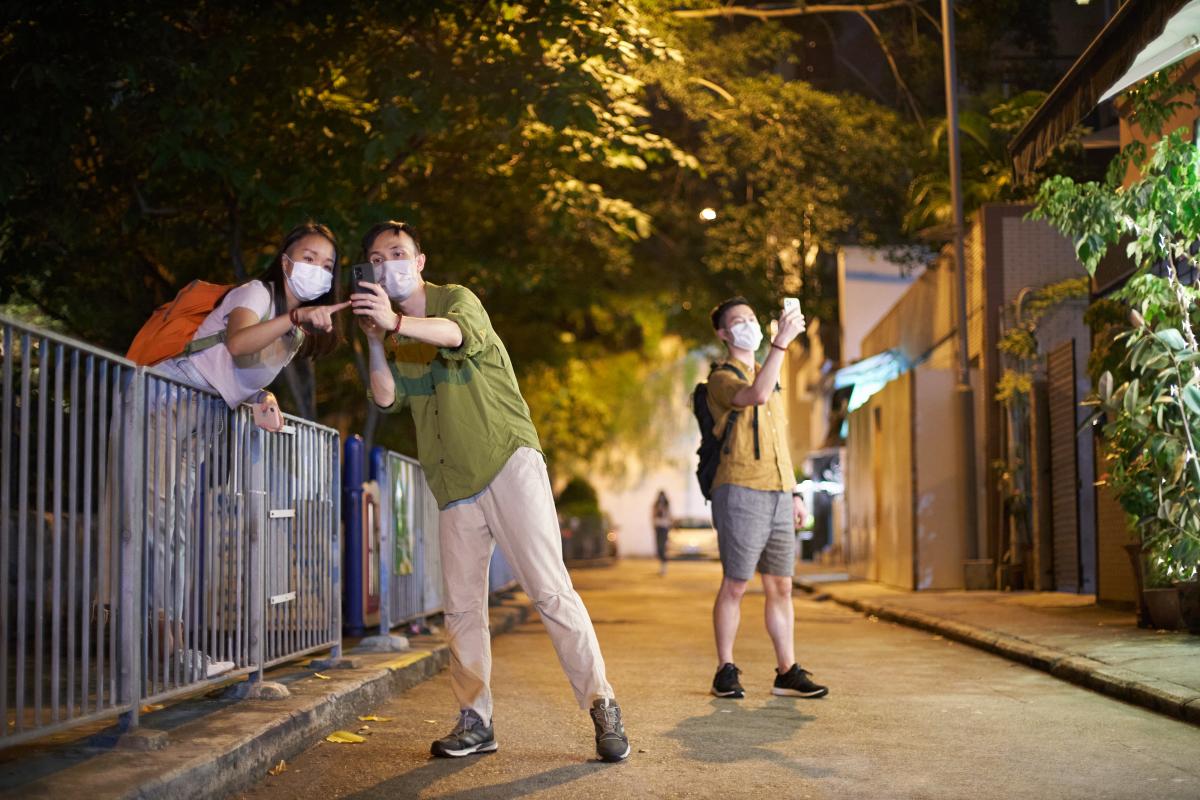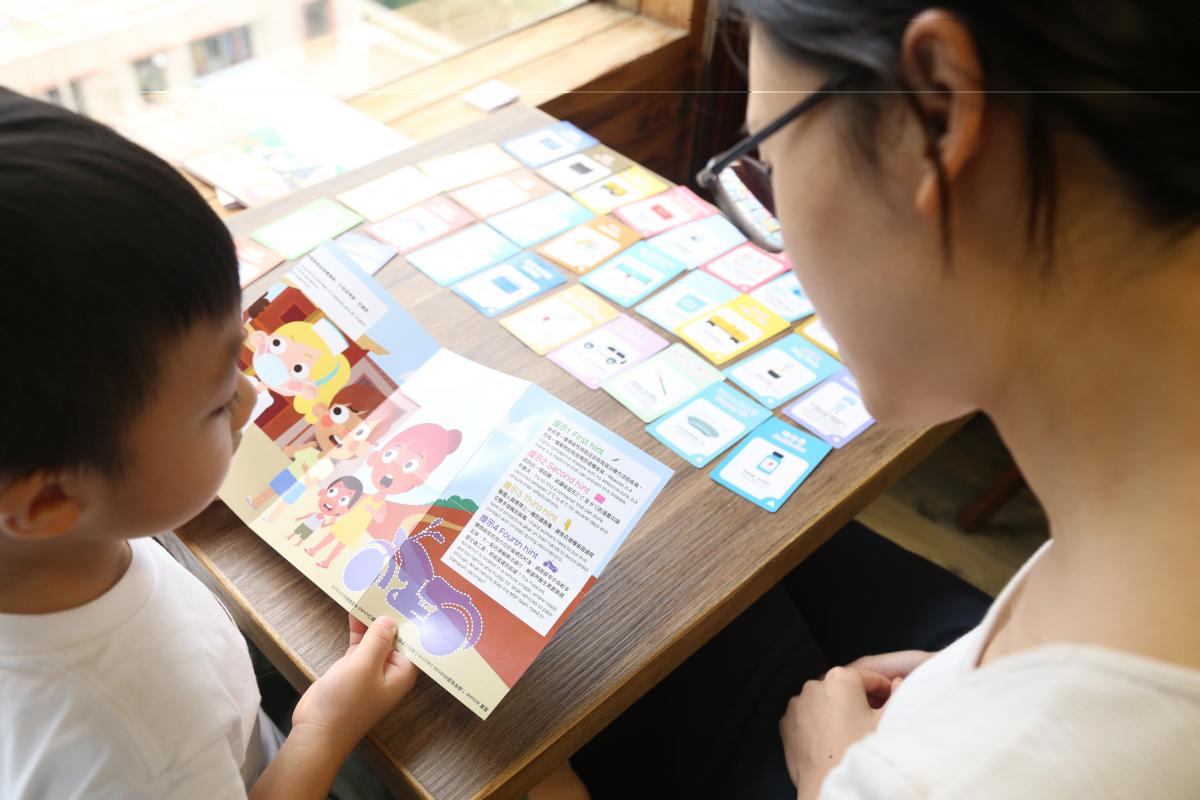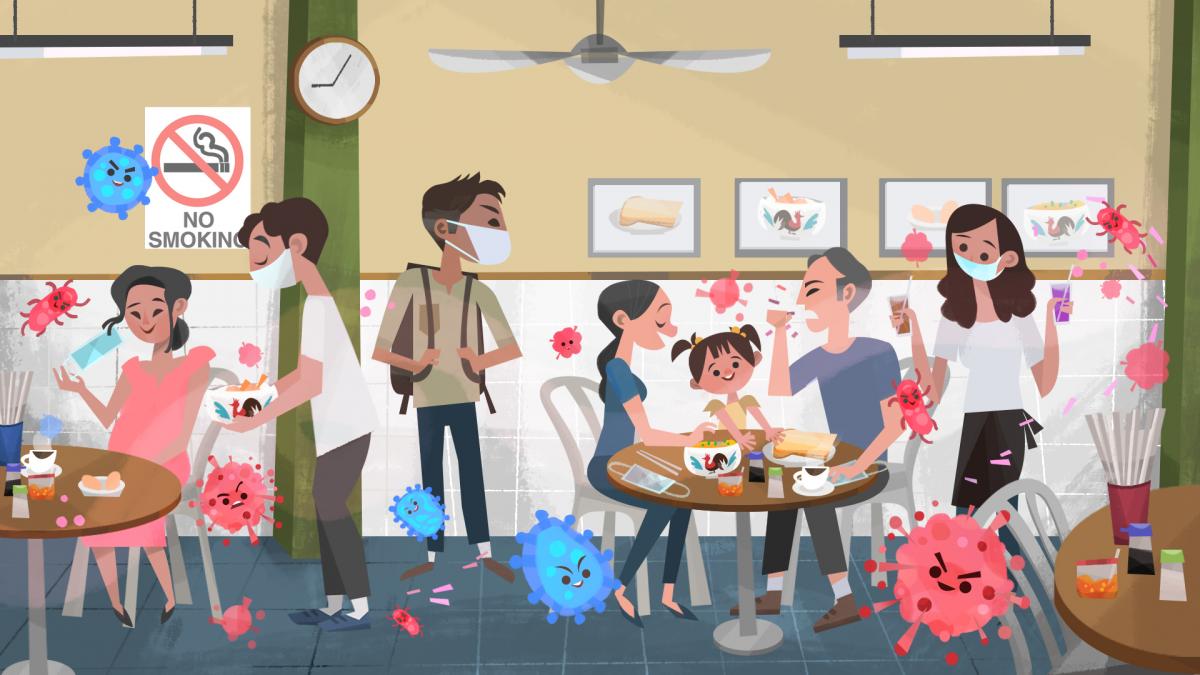Hong Kong
In 2021, the Operations Support Unit (OSU) of MSF Hong Kong started coordinating the Methanol Poisoning Initiative (MPi) – a joint venture between MSF and the Oslo University Hospital – that looks at mechanisms to improve the survival of methanol poisoning patients globally. Several activities were carried out in the year, including a refresher training for MSF operations in the region, as well as technical support to missions assisting health authorities facing methanol poisoning outbreaks, in particular with locally adapted materials and treatment protocols, as well as a training webinar. Throughout the year, MPi continued monitoring and surveillance activities to identify global incidents of methanol poisoning where it is reported, and worked on strategies to improve access to fomepizole, an antidote for methanol poisoning.
Additionally, in order to raise greater awareness on this neglected public health crises, MSF Hong Kong organised a regional webinar “Methanol Poisoning: The Illegal Brew That Kills”, featuring experiences in the region and Iran, which was attended by approximately 200 health professionals from the region. To highlight this issue to the Hong Kong community, methanol poisoning was also featured in MSF Hong Kong’s biannual Borderline magazine. Finally, in the last quarter of 2021,MPi launched a new website which contains key information on methanol poisoning including its symptoms, diagnosis and treatment; as well as useful resources such as treatment protocols, educational videos, posters and other literature.
Following on from the initial work in 2020, MSF Hong Kong continued its mental health project in 2021. Our team conducted a Community Care Training Programme for 66 community leaders of foreign domestic workers, empowering them with mental health knowledge and skills, such as psychological first aid, self-care, non-judgemental and active listening. Meanwhile, nine local organisations as well as some vulnerable members of the community received workshops on managing stress and anxiety.
The content of the MSF mental health website “How are you”, launched in 2020, was further strengthened. The tips and coping strategies for stress and anxiety were proactively promoted on social media to target groups where stress levels were relatively high during the peak of the pandemic.
In Hong Kong, four local field workers, including surgeon Dr. Akin Chan, nurse Ms. Maria Cheng, electrical engineer Prof. Vincent Li and operating theatre nurse, Ms. Samantha Hui were invited as the honorary Campaign Leaders of MSF Day 2021. The general public gained a better understanding of MSF frontline work through the sharing of their field experiences throughout the campaign.
MSF Day 2021 was held along with a volunteering event - Mapathon, where the public were able to help by giving their time in creating maps that could be used by MSF and other organisations for different frontline missions.
In view of the COVID-19 situation in Hong Kong, the MSF Virtual Orienteering Competition 2021 (OC) was held in a hybrid format for the first time, including both virtual and physical components. With the use of a brand new OC mobile app, participants had the flexibility to choose a competition date within November 2021. Around 500 participants planned their own routes, navigating between checkpoints to experience some of the challenges faced by frontline field workers.

We also organised 2 face-to-face sharing sessions and 2 webinars last year. Field workers shared their experience about the challenges that can be encountered while providing humanitarian aid in the frontline. Around 200 supporters attended our events.
The Little Field Partner programme was launched in July 2021 to enhance the understanding by the younger generation of humanitarianism. A welcome pack that includes an activity book and a custom-made game called the "Triple Field Challenge” were given to children and parents who joined the programme.

Mainland China
In mainland China, MSF continued to share its experience and exchange ideas on the practical deployment of humanitarian aid and on global health governance. The MSF representative from Cambodia was invited to share their experience of the large scale treatment of hepatitis C in Cambodia at the sub forum of the second conference of Global Health Forum of Boao Forum for Asia in Qingdao. We also closely followed the medicine and vaccine developments in China for possible use in MSF operations. For example, there have been outbreaks of hepatitis E in some countries (such as Namibia and South Sudan) in recent years but there has been little movement on hepatitis E vaccine research and development worldwide. With the efforts of all parties, we purchased the world's first listed hepatitis E vaccine from a Chinese manufacturer, and successfully delivered it to carry out vaccination campaigns in epidemic areas.
With COVID-19 continuing to occupy public attention in China, we invited media and researchers to participate in webinars organised by MSF to exchange information on other infectious diseases overshadowed by COVID-19. We continued to raise awareness of people in crisis, covering topics including medical care under the intense conflicts in Afghanistan, the wounded and displaced in Gaza and survivors of sexual violence in the Central African Republic. We also held online and offline fieldworker sharings in a medical school in Beijing, as well as a bookstore in Guangzhou to increase people’s understanding of relief work.
Southeast Asia
In 2021, we ran integrated brand, fundraising and recruitment campaigns in Southeast Asia which increased our media visibility, social media following and share of voice. Our Infectious Diseases campaign was the most successful, targeting different stakeholders in Malaysia, Indonesia and Philippines. That campaign alone generated over 12,000 leads, and the webinars we conducted resulted to engagements with different audiences— academe, university students, professional medical and nonmedical organisations, NGOs and civil society, amongst others.

With the launch of our website, doctorswithoutborders-apac.org, we were able to strengthen our brand recognition and facilitated conversions for our fundraising and recruitment objectives. On social media, we started our Asia Pacific (APAC) accounts and we are already seeing good following, impressions and engagement on both Facebook and Instagram. In fact, our online posts on Afghanistan, Myanmar and on the Rohingya are being quoted on news reports and retweeted by agencies such as Al Jazeera, Associated Press, ABS-CBN News, CNN Indonesia and Philippines and even regional media such as ABC News of Australia.
We also continued to build and strengthen engagements with our audiences through about 20 online events and activities in 2021.




